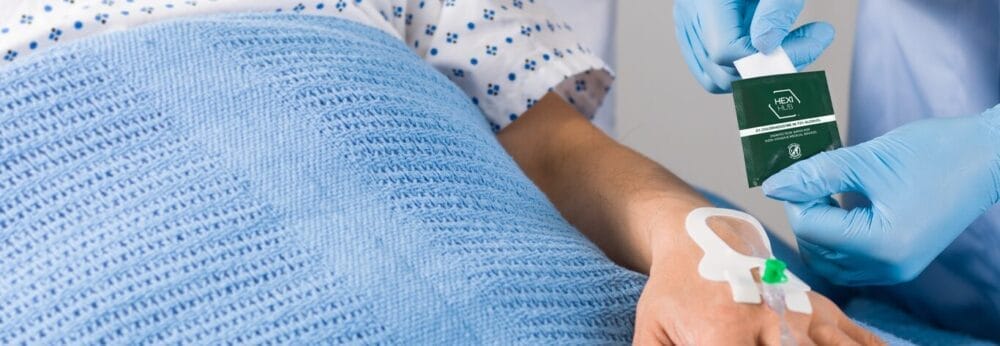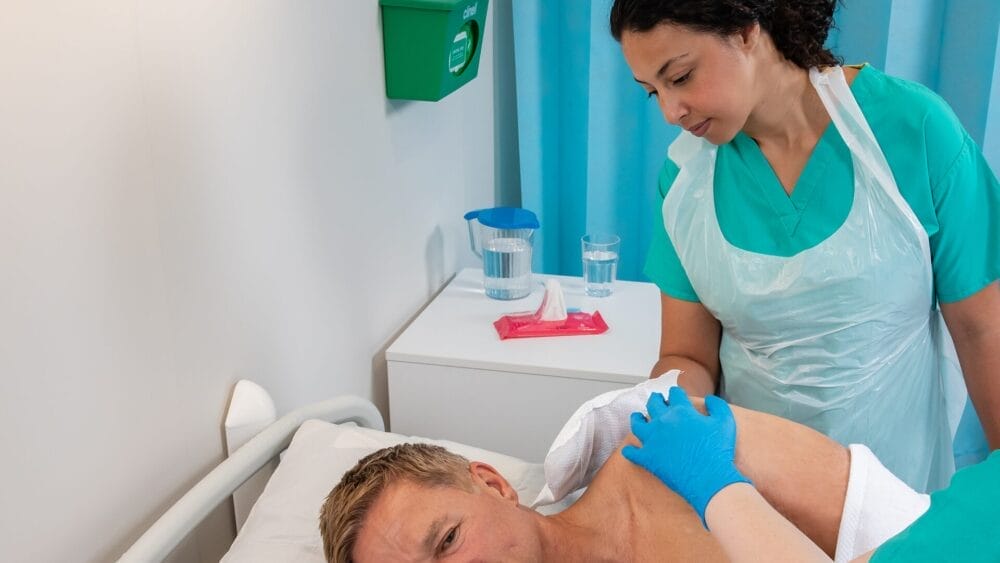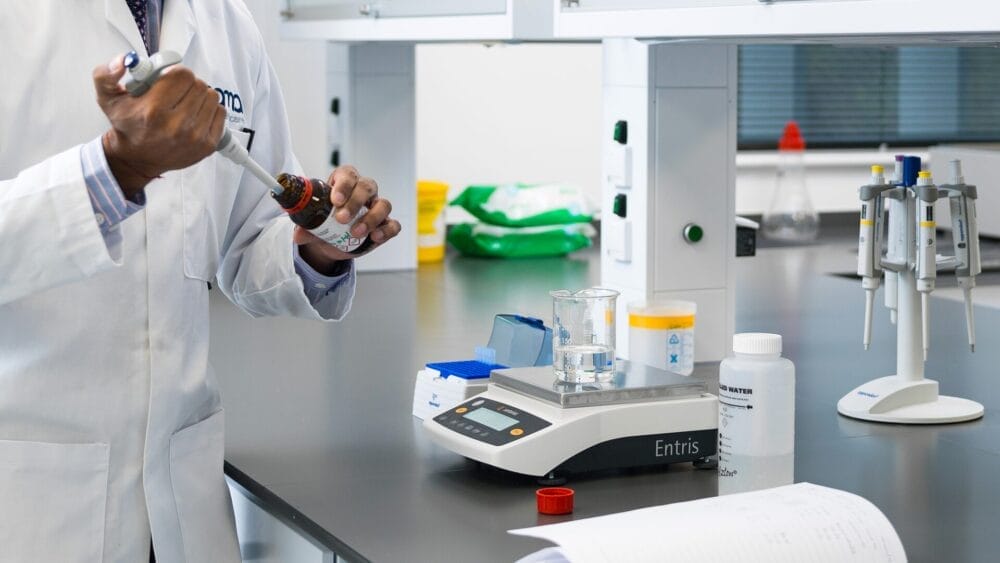Posted
31st December 2020
Research
Recently, it has become clear that a new variant of SARS-CoV-2 (the virus that causes COVID-19) has emerged. This variant is spreading quicker than other types of SARS-CoV-2 but does not seem to cause more serious disease. However, increased transmission alone means more people becoming infected and more pressure on hospitals.
Viruses mutate – it’s what they do. For example, each year several new strains of influenza virus come into circulation. These variants come about through random mutations and re-organisation of the outer proteins of the influenza virus. Usually, one of these variants is dominant each season, and this is the variant that the annual influenza vaccine is designed to protect against. And so it’s no surprise that several variants of the SARS-CoV-2 virus are emerging.
One variant in particular that has emerged in the UK, has an unusually large number of mutations in the outer proteins. For reasons that are not yet clear, this has made the virus more transmissible than other variants that are out there. The virus is spreading rapidly, particularly in the South-East of England and London, but has been reported across the UK with increasing evidence of global spread. The available evidence suggests that the new strain could be up to 75% more transmissible than other variants.
There is no evidence that the transmission routes of the new variant have changed fundamentally – this would be a major surprise given the relatively minor changes in the genome. Therefore, no changes in PPE have been recommended by PHE. Similarly, all of the public health advice around hands-face-surface-space remain as valid as ever.
A small number of lab tests may not be able to detect the new variant, but this shouldn’t be a problem for the PCR tests used in the majority of labs.
Finally (and fortunately), there is no evidence to date to suggest that the two approved COVID-19 vaccines will be any less effective against this new variant.
SHARE THIS ARTICLE
Tags
Latest News
Introducing HEXI HUB: A seamless transition in our product line
We’re pleased to announce an update to our product offering…
Innovative solutions for tackling Carbapenemase-producing Enterobacteriaceae (CPE) at King’s College Hospitals
King’s College Hospital NHS Foundation Trust, one of London’s largest…
Gloves Off: reducing unnecessary plastic waste during environmental cleaning and disinfection
In this blog, Dr Phil Norville discusses the momentum-gaining ‘Gloves…
Gloves Off: Navigating SDS sheets and skin safety claims in environmental decontamination products
In this blog, James Clarke (Head of R&D, Science &…




